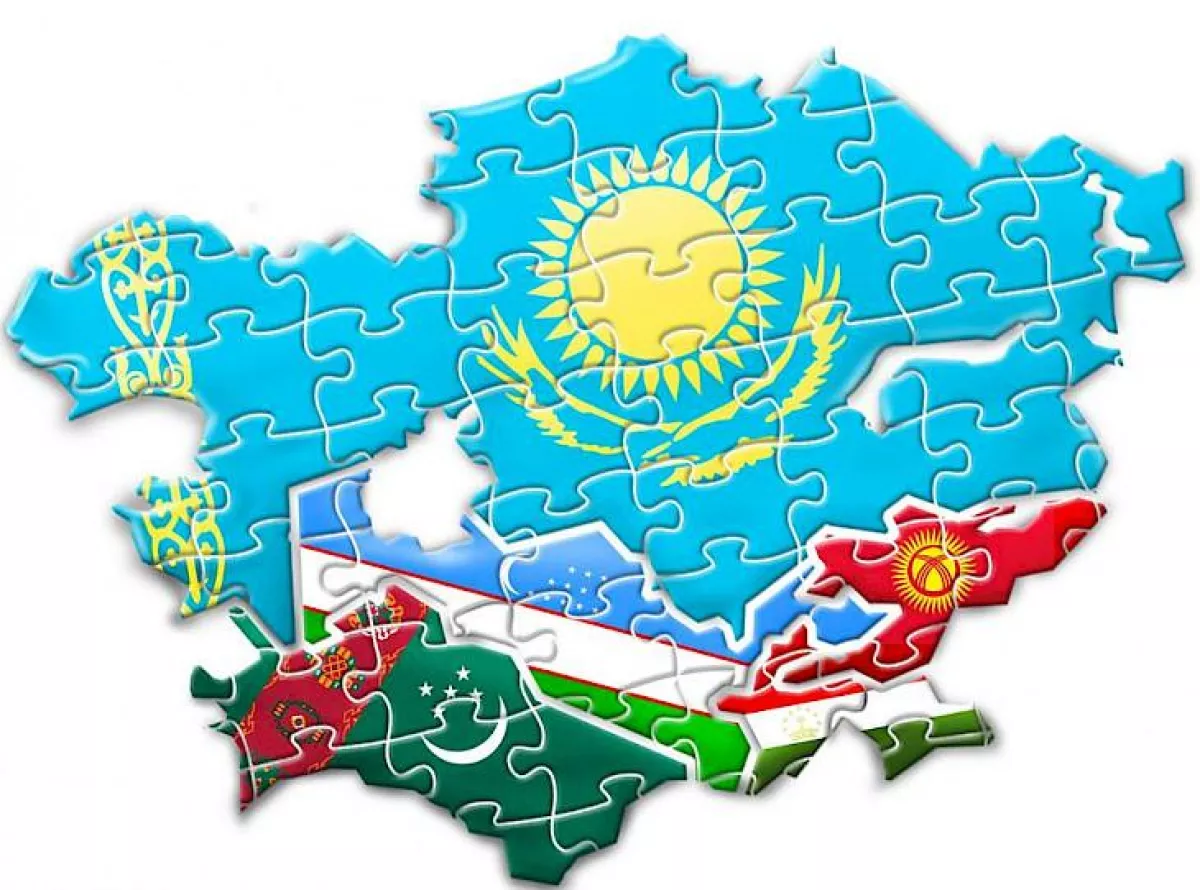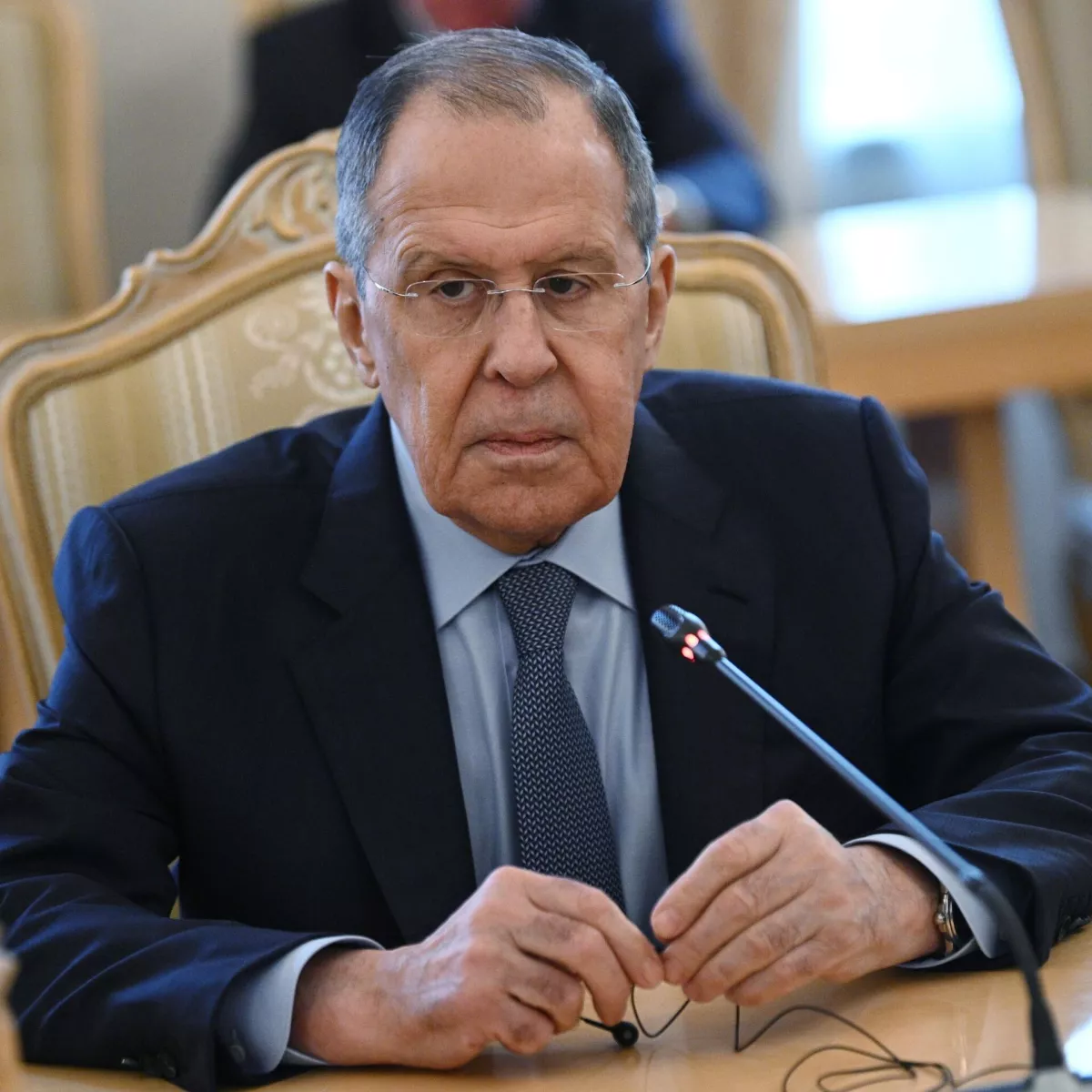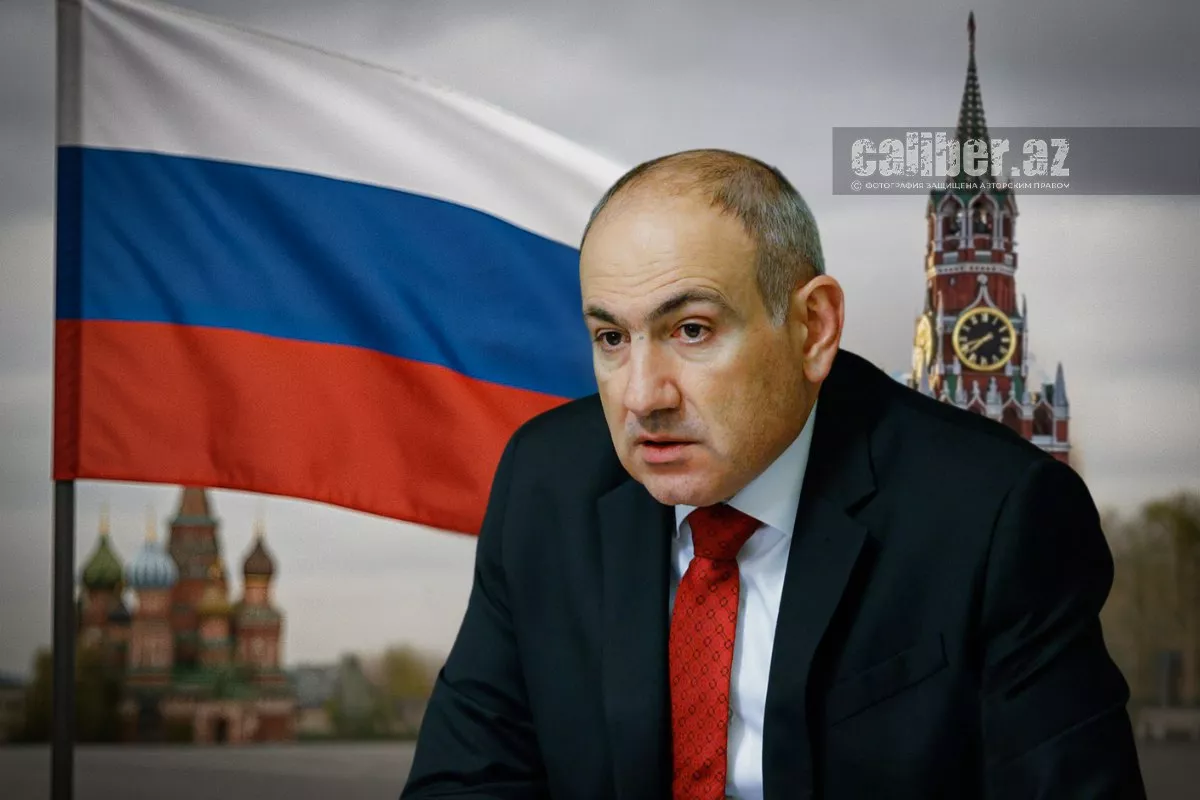Washington’s course and Moscow’s reaction The battle of power centres in the post-Soviet space
The West’s clear interest in the countries of the former Soviet Union continues to attract Russia’s close attention, prompting Moscow to periodically issue sharp messages. For instance, Russian Foreign Minister Sergey Lavrov stated at a press conference following the high-level plenary session of the third Minsk International Conference on Eurasian Security that the West is attempting to pull the countries of the South Caucasus and Central Asia away from Russia by building its own structures of interaction. “Moscow will block such attempts using all available means,” the foreign minister emphasised.
We believe it is no coincidence that such statements from the Russian side are being made just ahead of the upcoming “C5+1” summit, which will take place in Washington on November 6, where the U.S. President is scheduled to meet with the leaders of five Central Asian countries — Uzbekistan, Kazakhstan, Kyrgyzstan, Tajikistan, and Turkmenistan.
Incidentally, this is already the second meeting in this format organised by the United States. The first took place in 2023 in New York on the sidelines of the UN General Assembly. In other words, this summit is part of Washington’s systematic efforts aimed at strengthening its influence in the Central Asian region.

This logic also encompasses the strengthening of economic and humanitarian partnership between the United States and Uzbekistan. It is worth recalling that not long ago, the Uzbek side signed a number of agreements with major American companies such as Boeing, Citigroup, Cleveland Clinic, and Oppenheimer. Washington and Tashkent have also enhanced their cooperation in the nuclear sector by signing a Memorandum of Understanding on Nuclear Cooperation in September 2025.
Russia is, of course, concerned that the United States is gradually becoming one of the key players along the southern borders of the post-Soviet space. Having effectively lost its positions in the South Caucasus, Moscow is now striving to maintain its influence in Central Asia, repeatedly asserting that the West seeks to hinder integration processes among the countries of the former Soviet Union. Sergey Lavrov also made this point in April 2024, speaking at a meeting of the Council of Foreign Ministers of the CIS member states in Minsk.
“The United States and its satellites are trying to penetrate all regions of our common space. They are attempting to undermine the agreements aimed at stabilising the situation in the South Caucasus. They do not want to allow the implementation of the understandings reached between Armenia and Azerbaijan with Russia’s mediation. They are also making the most active efforts to infiltrate Central Asia, creating various formats that are openly directed against the Russian Federation,” he said.

It is worth recalling that the Russian minister has repeatedly expressed Moscow’s concern that the West is trying to push Russia out of the Armenia–Azerbaijan normalisation process. In November last year, he drew attention to the fact that the West’s desire to exclude Russia from Baku–Yerevan relations increases security risks in the region. He called for eliminating external interference in the peace process between Armenia and Azerbaijan and emphasised the importance of resolving this issue within the circle of friendly countries of the South Caucasus and their neighbouring partner states.
The official representative of the Russian Foreign Ministry, Maria Zakharova, made similar remarks, emphasising the need to implement the agreements reached between Azerbaijan, Armenia, and Russia — in particular, the trilateral statement of November 2020.
However, the agreements reached between Azerbaijan and Armenia under U.S. mediation in Washington have served as a clear indicator of the weakening of Russia’s position in the South Caucasus. Another blow to Moscow’s interests came with Nikol Pashinyan’s refusal to adhere to the trilateral statements involving Russia. In September this year, the Armenian prime minister declared that, under the current circumstances, there is no need to return to the agreements reached with Azerbaijan through Russia’s mediation in 2020, as “that document belongs to the past.”

“November 9 remains November 9,” he said, emphasising that on August 8, 2025, peace was established between Armenia and Azerbaijan — a peace that must now be protected.
Thus, it becomes evident that in the context of intense geopolitical reconfiguration and a shifting world order, national interests have become the sole foundation of both regional and global integration processes. Each country now shapes its foreign policy with these interests in mind — a trend clearly visible in the growing rapprochement between the United States and the nations of the South Caucasus — Azerbaijan and Armenia, as well as the Central Asian states.
This process has most likely already acquired an irreversible character, and sooner or later, Russia will also have to revise its regional policy priorities, recognising and adapting to the new geopolitical realities.








